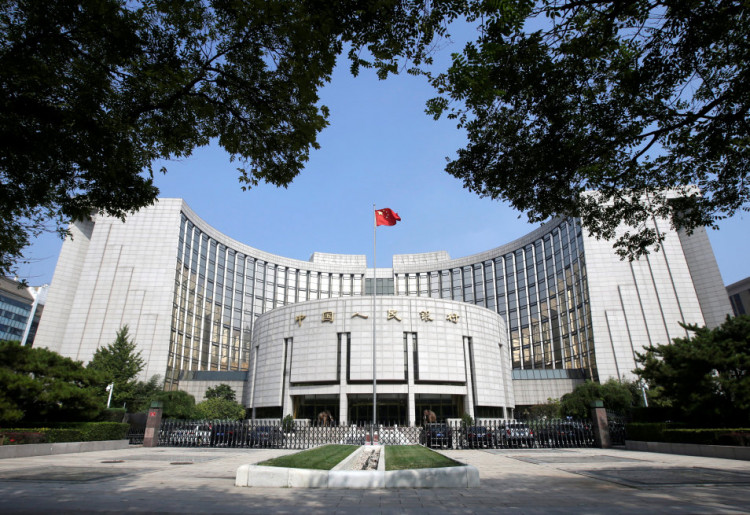The People's Bank of China has unveiled a new version of its credit database containing 1 billion individuals and over 28 million company customers, which bank officials say will offer more up-to-date profiles of loan applications.
The central bank's latest database system, used by Chinese lenders to assess the credit-worthiness of potential clients, was activated online on Sunday.
The new version includes enhancemensts to functions in data gathering and processing, as well improving the database's security and technical architecture, the PBOC credit unit disclosed.
Established in 2006, the government-operated database is considered to be a crucial global financial undertaking and essential to the aspirations of Beijing to establish a "credit society" for 2020.
The new database functions by gathering information from thousands of finance and business entities which monitors credit records of commercial establishments and individuals.
The system's new credit reports would include more information compared to the old system including, for instance, specifics of the spouse of a loan applicant, financial guarantors, work status, credit card history and installment plans, the central bank said.
The PBOC also plans to use the program to collect debt data and utility payment information shared by groups of individuals. Failure to pay gas and water bills in a timely manner may result in a black mark on a credit report for a person. The system also covers five years of financial and debt records, compared to the previous two.
The central bank's program, which will mostly be applied to determine applications and pricing for credit cards and loans, is less complicated than the credit record systems used by the National Development and Reform Commission and the courts.
The NDRC makes a monthly blacklist of credit available online. About 17.5 million people were prevented from purchasing plane tickets in 2018, and 5.5 million were prevented from buying high-speed train tickets due to being included on the list.
The PBOC pointed out that upgrade to its database is aimed at meeting the credit demand of financial institutions and individuals from all walks of life, in line with the "growth trend of financial technology."
Chinese financial policymakers are working to better analyze individuals and small businesses' credit risks, as well as crack down on unlicensed financial activities and illicit activities on the internet.
Since it was introduced more than a decade ago, over 3,700 financial institutions have used the personal credit network and 2.4 billion requests were processed for 2019 alone, or about 6.6 million per day.





